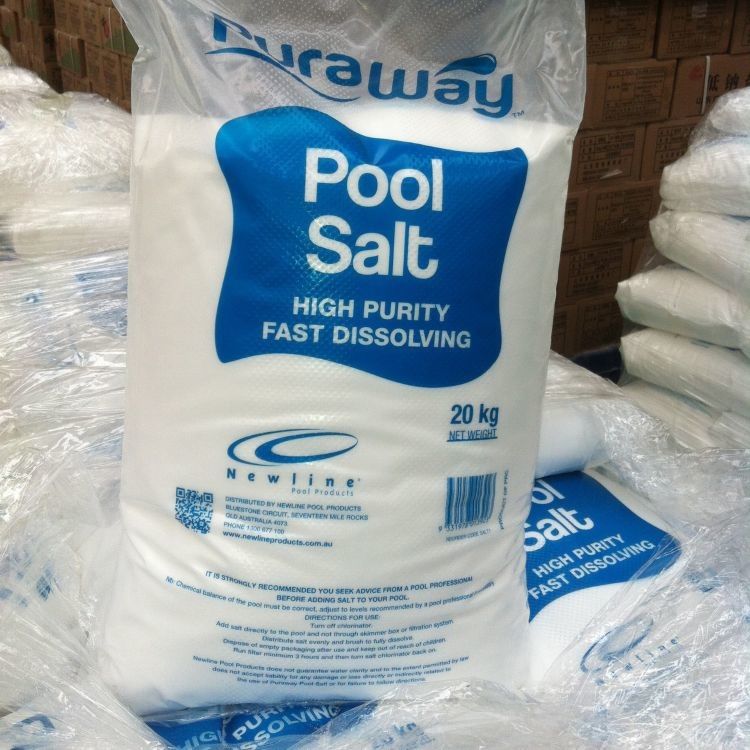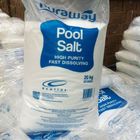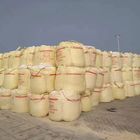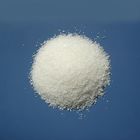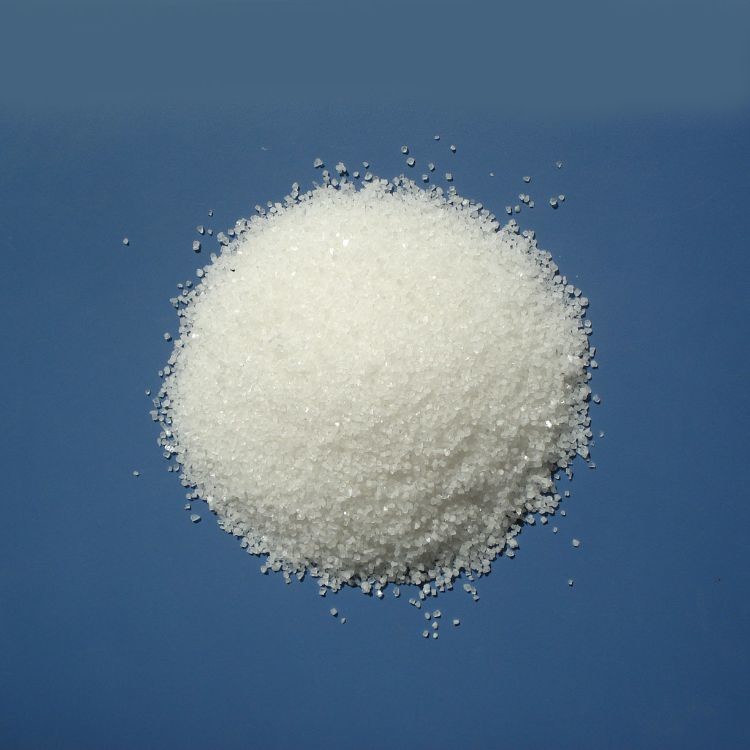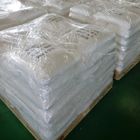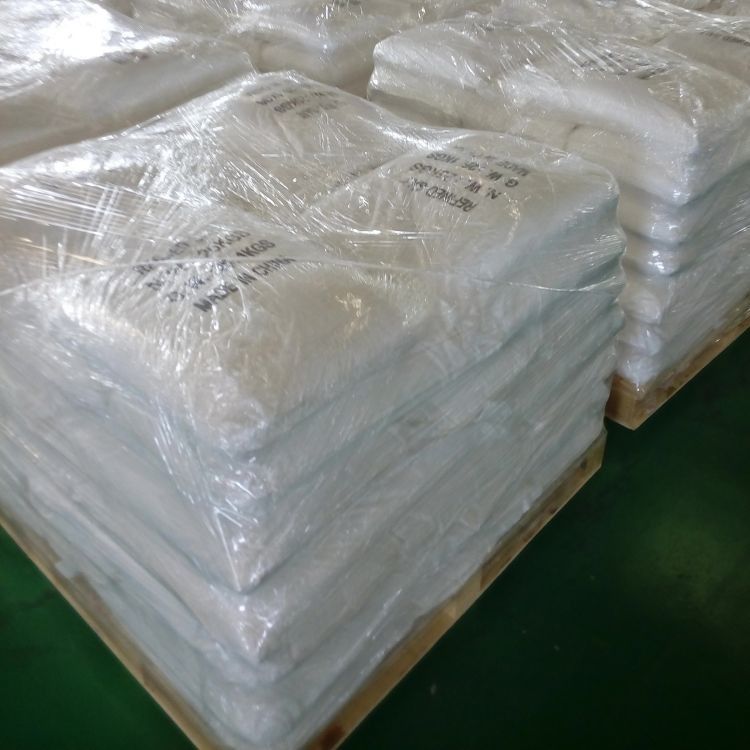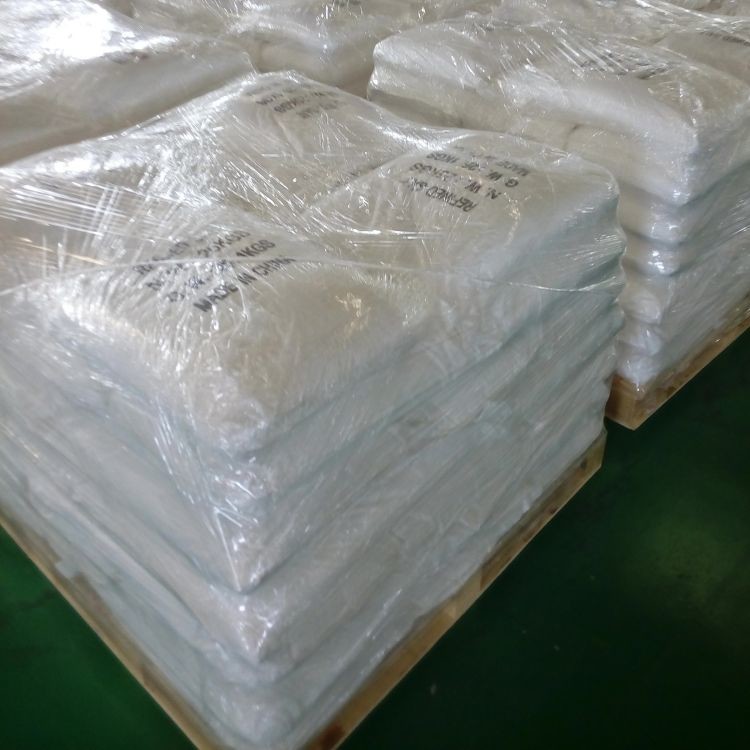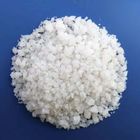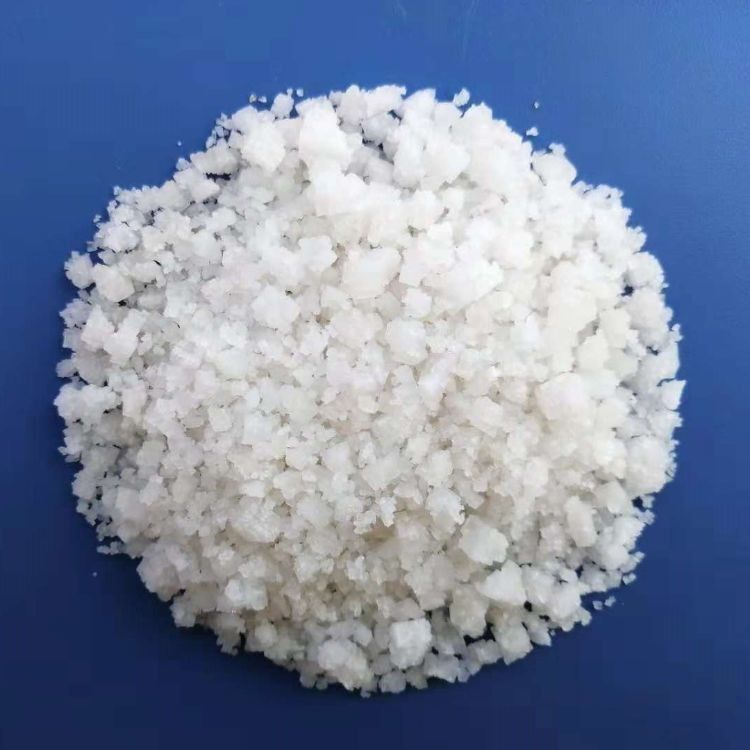Food Grade Salted Sodium Chloride Exports Paper Industry Salt, Natural Chemical White Pool Salt
Sodium chloride
Chemical name in Chinese: sodium chloride
English name: Sodium Chloride, Salt
Chemical formula: NaCl
Type of compound: Salt
Relative molecular mass: 58.443 (take 58.5 in chemical calculation
Crystal type: Ionic crystal
Physical properties: Density 2.165g/cm3 (25°C). Melting point 800.7℃. Boiling point is 1465℃.
Source: Introduced into salt field from sea water (with an average of 2.4% sodium chloride), dried in the sun, concentrated and crystallized to obtain a crude product. The crude salt contains impurities (MaCl2 and CaCl2) and is more likely to deliquesce in the air. The seawater can also be heated by steam, filtered by a sand filter, and concentrated by ion exchange membrane electrodialysis to obtain brine (containing 160-180g/L of sodium chloride). The halide gypsum is precipitated by evaporation and centrifuged to obtain the prepared chlorine Sodium 95% or more (2% moisture) can be dried.
use
Industrial salt is widely used, specifically in the following areas:
1. Application in the chemical industry
The chemical industry is the basic industry of the national economy. Triacid (sulfuric acid, hydrochloric acid, nitric acid) and two alkalis (soda ash, caustic soda) are the basic chemical industry, and the hydrochloric acid, soda ash, and caustic soda are produced from salt as the main raw material, and each ton of soda ash or caustic soda production costs 1.2 ~1.4 tons of raw salt, used in the production of more than 80 basic chemical products such as sodium alkali, chlorine and chlorine derivatives worldwide, accounting for more than 60% of the world's total salt consumption. In industrially developed countries, chemical salt Generally account for more than 90% of the total salt consumption. Therefore, it can be said that the comprehensive development of the national economy depends on the developed chemical industry, which in turn depends on the developed salt industry.
2. Application in dye industry
The raw materials commonly used in the dye industry, such as caustic soda, soda ash and chlorine gas, are directly produced from salt. Hydrochloric acid, sodium sulfide, insurance powder, etc. are chemical products obtained by deep processing of salt; in addition, a large amount of salt is also directly consumed. Therefore, in addition to the chlor-alkali industry, the dye industry is one of the industries that have a close relationship with the salt industry. And almost every step in the dye production process consumes a certain amount of salt.
3. Application in metallurgical industry
Salt is used as a chlorinating roasting agent and quenching agent in the metallurgical industry, and also as a desulfurizing agent and clarifying agent for processing metal ores. Steel products and steel rolled products are immersed in common salt solution to harden the surface and remove the oxide film. Salt chemical products are needed for pickling of strip steel and stainless steel, aluminum smelting, electrolytically dissolving metallic sodium and other baking aids, as well as smelting refractory materials.
4. Application in building materials industry
Soda ash made from salt is the main raw material for glass production. In addition, in order to eliminate bubbles in the glass liquid when melting glass, a certain amount of clarifier must be added, and salt is also a component of commonly used clarifiers. The amount of salt is about 1% of the glass melt.
General stoneware, ceramic tiles and crockery require salt as a glazing agent. The salt consumption per cubic meter of pottery is 0.5 to 3 kg.
In order to improve the performance of the enamel enamel, some enamel additives need to be added before the enamel coating. Salt is a kind of enamel additive, which is used in the surface glaze to increase the strength of the powder and improve the ability to resist scoring and abrasion after making the enamel . For every 100 kg of glaze slurry, the maximum amount of salt is 0.3 kg.
5. Application in machinery industry
During casting, salt can be used as an excellent binder for non-ferrous metals and alloy casting medium sand. At high temperatures, salt promotes the casting core to become soft, thereby preventing the occurrence of hot cracks in the casting. Compared with organic binders, salt also produces the least harmful gases at high temperatures.
In the heat treatment of steel mechanical parts or tools, the most commonly used heating equipment is a salt bath furnace. Compared with the box furnace heating, the salt bath furnace has many advantages such as easy temperature control, uniform heating, fast heating speed, local heating, slender workpieces that are not easy to bend, and oxidation and decarbonization. At the same time, it is used as a commonly used catalyst in the carburizing chemical heat treatment. During the heat treatment, quenching with brine can also obtain a more ideal effect.
Ferrous metals, copper, and copper alloys all require salt for strong pickling before electroplating.
6. Application in petroleum industry
In the process of oil well drilling, in order to protect the integrity of the rock salt core, it is necessary to add salt to the mud as a stabilizer, and use the salt chemical product barium sulfate to increase the weight of the drilling mud and act as a regulator. In petroleum refining, in order to remove the water mist in gasoline, salt is used as a dehydrating agent. In the kerosene refining process, salt is used as a filter layer to remove impurities. Many salt chemical products are also widely used in the petroleum industry. For example, some oil-soluble organic acid barium salts can be used as gasoline combustion accelerators to promote complete combustion of gasoline; magnesium oxide, magnesium hydroxide and magnesium carbonate can be used as ash modification It is added to fuel oil to prevent high temperature corrosion of vanadium compound; boron nitride made from boron as raw material has hardness equal to diamond, and its stability is better than diamond at high temperature of 1500-1600℃. Hard materials are used to produce drill bits for oil drilling.


 Your message must be between 20-3,000 characters!
Your message must be between 20-3,000 characters! Please check your E-mail!
Please check your E-mail!  Your message must be between 20-3,000 characters!
Your message must be between 20-3,000 characters! Please check your E-mail!
Please check your E-mail!

